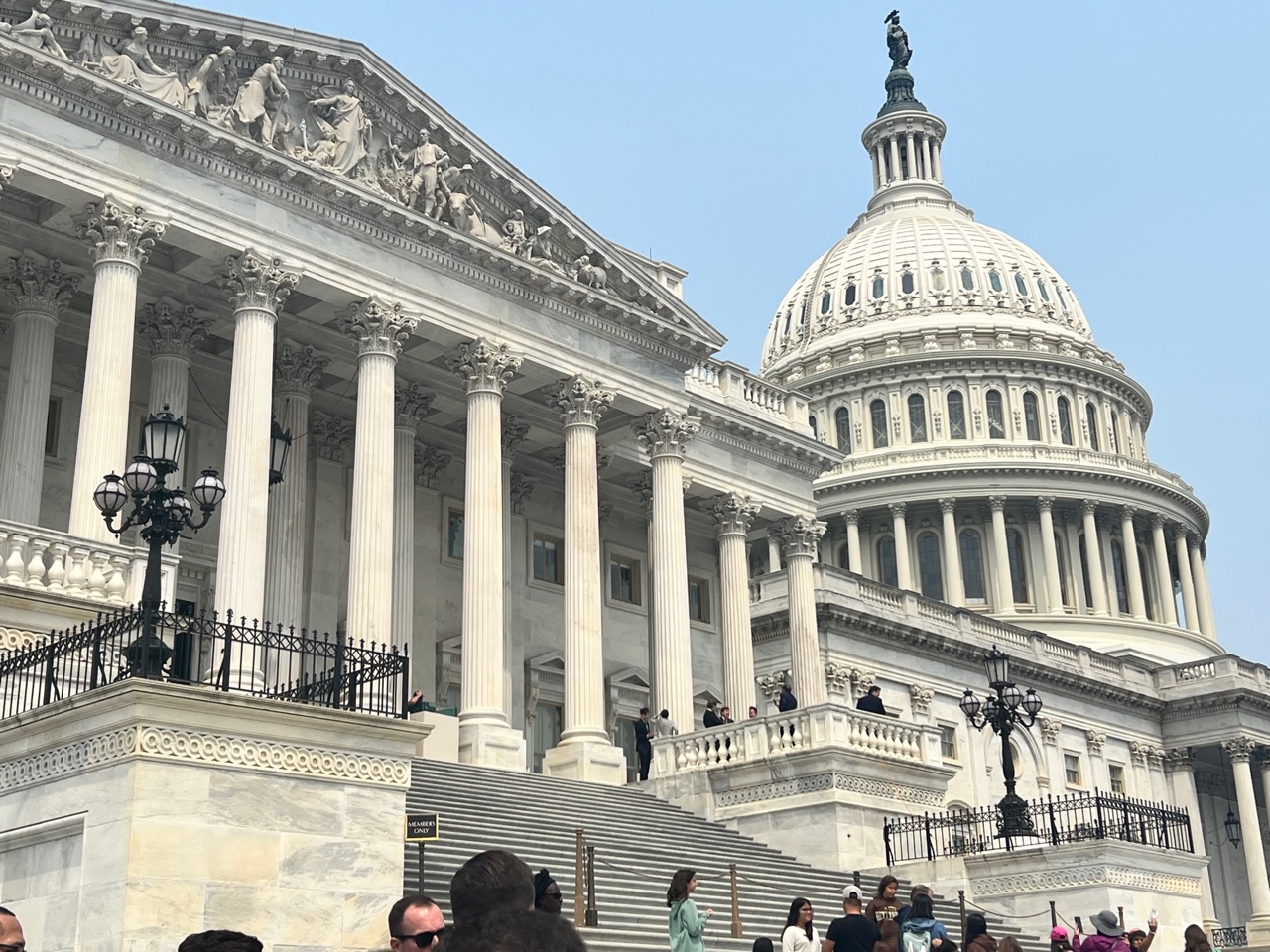On June 20, the Internal Revenue Service (IRS) said the 1.4 million pending employee retention tax credit (ERTC) claims are getting continued heightened scrutiny, with “the vast majority” of them showing risk of being improper. The agency announced it had completed a detailed review of the pending claims in order to protect taxpayers and small businesses, and said it resulted in plans to deny tens of thousands of improper high-risk ERTC claims. Now, the IRS has started a new round of processing lower-risk claims to help eligible taxpayers.
According to the IRS announcement, “The completion of this review provided the IRS with new insight into risky Employee Retention Credit activity and confirmed widespread concerns about a large number of improper claims.” IRS Commissioner Danny Werfel said, “We will now use this information to deny billions of dollars in clearly improper claims and begin additional work to issue payments to help taxpayers without any red flags on their claims.”
Werfel added, “This is one of the most complex credits the IRS has administered, and we continue to ask taxpayers for patience as we unravel this complex process. Ultimately, this period will help us protect taxpayers against improper payouts that flooded the system and get checks to those truly eligible.”
The IRS said its review “involved months of digitizing information and analyzing data since last September to assess a group of more than 1 million Employee Retention Credit (ERC) claims representing more than $86 billion filed amid aggressive marketing last year.” The IRS offered a special “withdrawal program,” which allows taxpayers who think they may have submitted a claim that will be denied to withdraw it, and/or to repay an ERTC claim that they had already received if they think the IRS will judge it invalid. The withdrawal program has now closed, but the IRS is considering reopening it, Werfel said. So far, the IRS said, its compliance process, including the withdrawal program, has resulted in collection of more than $2 billion since last fall. More than $530 million of that amount came from the voluntary withdrawal program.
While the IRS has resumed processing low-risk claims, claims submitted during the moratorium period, which began September 14, 2023, will not be processed as of yet. The oldest of the pending claims will be processed first, the IRS said, with payouts anticipated by this summer.
To date, the IRS has thousands of ERTC claims under audit, and has initiated 450 criminal cases with potentially fraudulent claims worth nearly $7 billion. So far, these criminal investigations have resulted in 36 federal charges, and 16 convictions with sentencing of an average of 25 months.
Prospects: The IRS and Congress are concerned about promoters that encouraged firms to apply for the ERTC without noting the facts-and-circumstances qualifications requirements. Penalties against the promoters are part of pending legislation (H.R.7024), as is an extension of the time during which the IRS can prosecute both promoters and alleged fraudulent claims. H.R.7024 passed the House of Representatives by an overwhelming margin earlier this year, but still awaits Senate action.
NAIFA Staff Contact: Jayne Fitzgerald – Director – Government Relations, at jfitzgerald@naifa.org.






.png?width=600&height=90&name=Support%20IFAPAC%20%20(600%20%C3%97%2090%20px).png)
